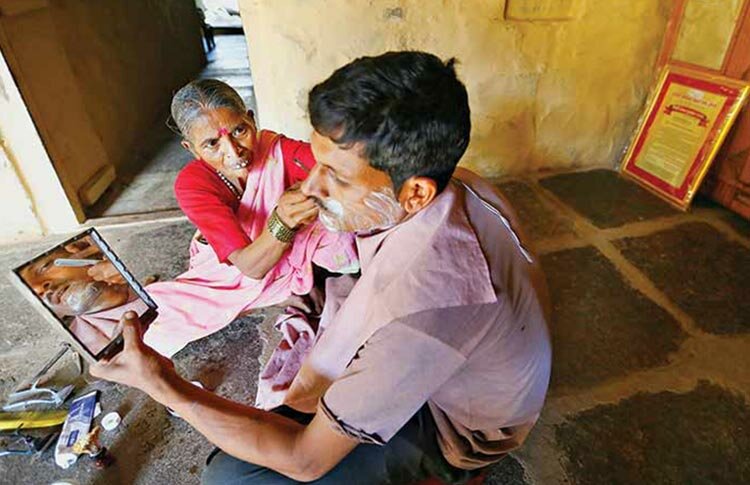Talk Journalism: Stringers Are Still Underappreciated And Underpaid
- JWB Post
- August 1, 2016
On the third and final day of the Talk Journalism event at Fairmont, I curiously walked into the hall for the first session of the day. The topic in motion was “Breaking News: Stringers tell their story.” The discussion was curated by Mr. Rahul Shrivastav from NDTV. The speakers for the session were Mr. Ravi Kant, a correspondent for ABP News, Mr. Prakash Chandra Hota from ETV and, Mr. Salman Mansoori and Mr. Shripal Shaktawat, both of whom are stringers.
“Many stringers who enter journalism do not get paid enough and end up leaving the field for good. On an average, they don’t get more than Rs. 1,000 for delivering the news,” said Mr. Rahul.
Mr. Prakash then added one of his experiences from when he used to work with the PTI.
“This was around the same time that the plane in Kandahar was hijacked. We wanted to send one of our stringers to the scene to get us some news from the site. We called him up, and he immediately refused. ‘You haven’t paid me for the last time you sent me to Wagha. Clear out that payment only then, I will go cover the news for you,’ he said. To him, the pay meant more than the news,” Mr. Prakash said.
“Stringers aren’t treated well in the industry. If we take the example of Chand Nawab from Bajrangi Bhaijaan, he was a very hardworking yet underappreciated stringer. Every time a news channel has to cut costs, the stringers are the first ones who are affected,” said Mr. Shripal.
While some stringers are struggling, some are financially independent and own a lot of land in their respective villages.
“While I know many stringers myself who own as many as 60 shops. For the rest of us, we need to work on the side to manage our families. People don’t want the real news. I’ve noticed that spiced up news travels faster than important news,” said Mr. Salman.
Mr. Ravi Kant was the last one to speak about his transition from poetry to journalism.
“I was doing my MA at Allahabad University, and I used to write poetry. I got a lot of praise for my work. Then I suddenly gained an interest in journalistic writing. The only drawback was that in journalism, you have to start from zero. I was a stringer while everyone in my family was doing respectable jobs. I was shooting on the road once, and I thought, ‘is this what I am meant for?’ It took me a while to accept and embrace it. Us stringers have always been considered one step behind journalists,” he said.
“I actually remember when Ravi Kant used to work with us, his stories had more emotion than real news and I also told him that, ‘if you want to be a journalist, I’m going to have to kill the poet inside you. News should be crisp and not as a story,” Mr. Rahul added.
While stringers still face a wage gap as compared to other journalists, JWB wants to highlight how no one wants to hire female stringers. Female stringers are considered less dynamic than males and in cases where they do get hired, they continue getting less pay than the men.
- 0
- 0

Current Discussion
Popular Post
-
 Relationship
RelationshipChicken Soup Series Fame Raksha Bharadia Tells Us What Stirs The Souls Of Indian Couples
-
 Education
EducationJWB Says Khamma Ghani To This German Yet Jaipuri Educational Scientist
















